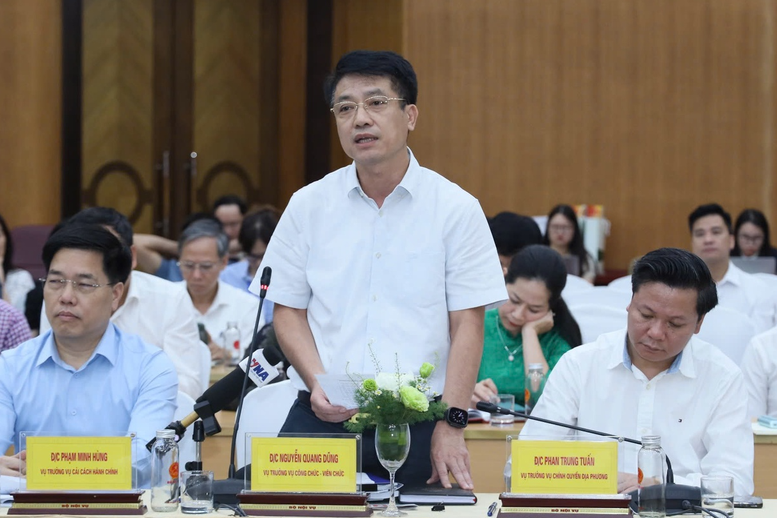
Mr. Nguyen Quang Dung, Director of the Department of Civil Servants and Public Employees ( Ministry of Home Affairs ) answered and clarified issues at the Conference - Photo: VGP/TG
One of the contents of interest is the regulation on recruiting non-professional workers into civil servants.
Mr. Nguyen Quang Dung said that according to the provisions of Articles 13 and 14 of Decree 170/2025/ND-CP regulating the recruitment, use and management of civil servants, two subjects including non-professional workers at the commune level and young intellectual youth team members have been considered and accepted as civil servants.
However, admission must comply with conditions, standards and procedures, based on the job position and payroll.
"This is an opportunity but comes with strict requirements to ensure the quality of input for the civil service. Not all non-professional workers are recruited into the civil service," Mr. Nguyen Quang Dung emphasized.
3 groups of solutions to improve the quality of commune-level civil servants
Regarding the current situation of communal-level civil servants, which still has many limitations, especially in terms of expertise, information technology, and accounting, and there is a big difference in qualifications compared to the previous provincial and district levels, Mr. Dung said that this is understandable.
"Previously, the commune level tended to work directly with the people, while the district level and above had specialized expertise," Mr. Nguyen Quang Dung explained.
To overcome this situation, the Ministry of Home Affairs has recommended three main groups of solutions for localities. First, increase the number of civil servants from the provincial to the communal level.
According to the Director of the Department of Civil Servants and Public Employees, Many provinces have effectively implemented the deployment of civil servants from the province to the commune. These civil servants not only directly perform tasks but also "hold hands and guide" the team of specialized civil servants at the grassroots level.
Second, promote training and fostering. Localities need to proactively review and assess the current situation to develop appropriate training plans. According to Decree 171/2025/ND-CP dated June 30, 2025 of the Government regulating the training and fostering of civil servants, training has been decentralized. The Political Academy and provincial political schools are responsible for training in state management knowledge; while ministries, branches and localities are responsible for training in professional skills.
"Provinces need to review and evaluate. If training is necessary, they can send requests to the Ministry of Home Affairs and specialized ministries for support," Mr. Nguyen Quang Dung suggested.
Third, apply the contract mechanism for specialized tasks. Currently, Decree 173 on contracts for performing tasks of civil servants has opened up the contract mechanism for performing tasks of civil servants. For professions requiring specialized expertise such as information technology, localities can propose to perform contracts with experts instead of recruiting staff.
Regarding the conversion of old commune-level civil servants to the new model, the Director of the Department of Civil Servants and Public Employees said that according to Article 45 of the Law on Cadres and Civil Servants, commune-level cadres and civil servants elected or recruited before July 1, 2025 (when the law takes effect) will be converted into new commune-level civil servants if they meet the standards.
The standards here include basic training qualifications, experience, and practical capacity - specified in detail in Official Dispatch 11/CV-BCĐ in 2025 on guidelines for new commune-level civil servant title standards and meeting job requirements.
In the long term, in the spirit of the new Law on Cadres and Civil Servants, management will completely shift to a job-position model. That is, civil servants assigned to a job position will be ranked accordingly. The Ministry of Home Affairs is drafting a new Decree to replace Decree 62 on job positions and civil servant payroll, specifying the recruitment, use and management of civil servants under the new Law on Cadres and Civil Servants.
While waiting for the new Decree, localities need to continue to base on Decree 62 and related circulars and documents to build job positions, as a basis for assigning and effectively using their civil servants.
Previously, at the conference, many opinions from leaders of the Department of Home Affairs of localities said that the current work requirements at the commune level are increasingly complicated, while a number of civil servants still have difficulty in approaching the new management model.
Mr. Nguyen Quoc Huu, Director of the Department of Home Affairs of Thai Nguyen province, proposed that the Ministry of Home Affairs soon issue guidelines for recruitment and testing to supplement civil servants from the source of part-time officials at the commune level. According to him, this force is mainly young people, knowledgeable about the locality, has special information technology skills in areas with ethnic minorities, so they can meet the job requirements well.
"The selection of this team into commune-level civil servants will contribute to improving the quality of the apparatus, ensuring the effective operation of the two-level government," Mr. Nguyen Quoc Huu emphasized.
Thu Giang
Source: https://baochinhphu.vn/bo-noi-vu-lam-ro-nhieu-chinh-sach-moi-voi-doi-ngu-cong-chuc-cap-xa-102250725153604635.htm


![[Photo] Cutting hills to make way for people to travel on route 14E that suffered landslides](https://vphoto.vietnam.vn/thumb/1200x675/vietnam/resource/IMAGE/2025/11/08/1762599969318_ndo_br_thiet-ke-chua-co-ten-2025-11-08t154639923-png.webp)





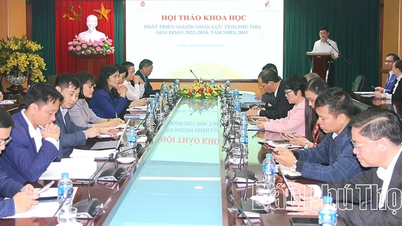

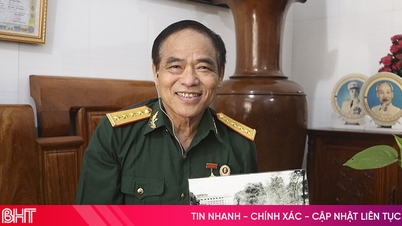

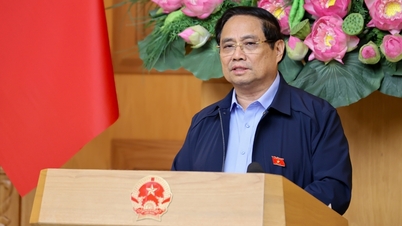

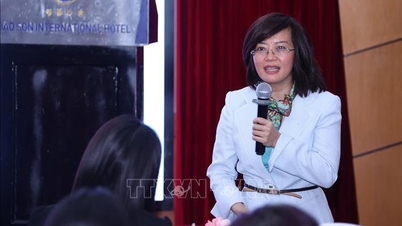

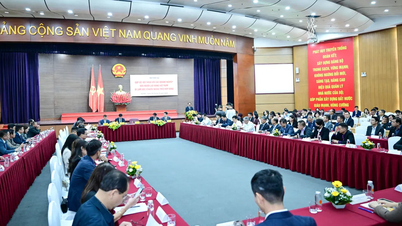

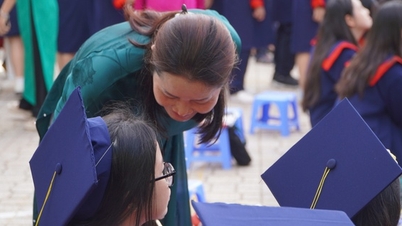


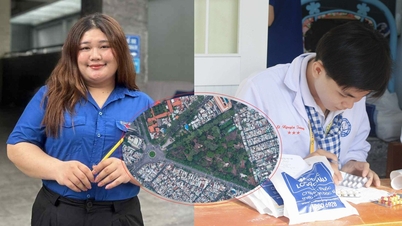





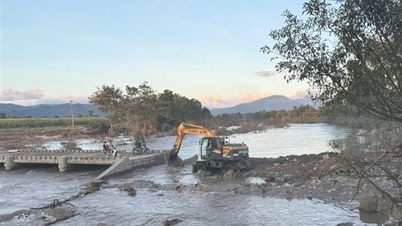





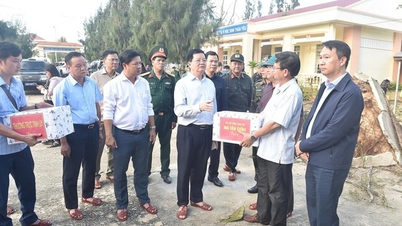
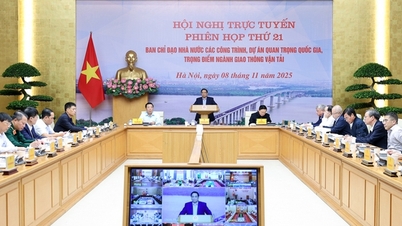



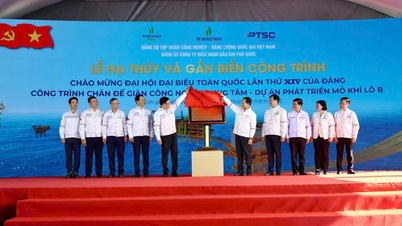
![[Photo] "Ship graveyard" on Xuan Dai Bay](https://vphoto.vietnam.vn/thumb/1200x675/vietnam/resource/IMAGE/2025/11/08/1762577162805_ndo_br_tb5-jpg.webp)







![[Video] Hue Monuments reopen to welcome visitors](https://vphoto.vietnam.vn/thumb/402x226/vietnam/resource/IMAGE/2025/11/05/1762301089171_dung01-05-43-09still013-jpg.webp)




























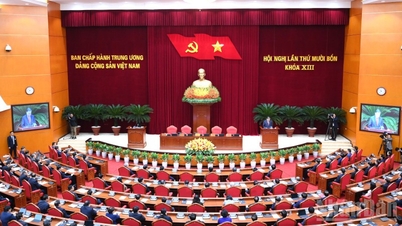



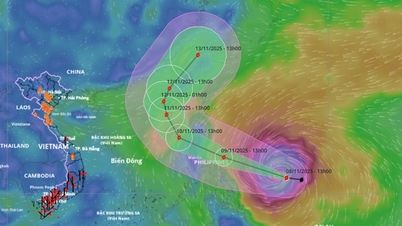
















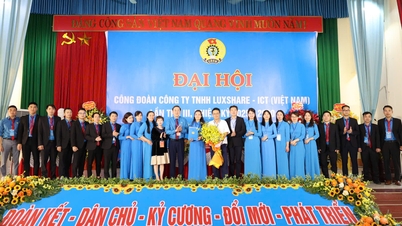

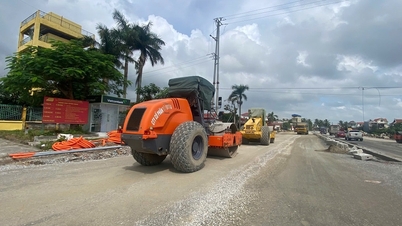













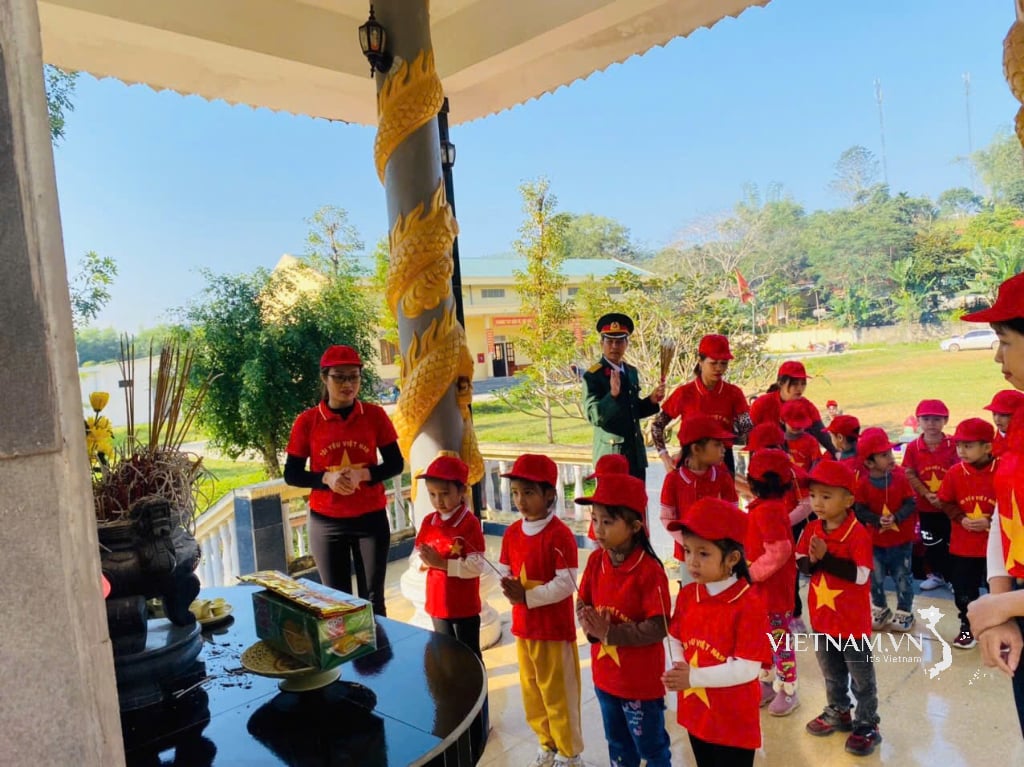



Comment (0)